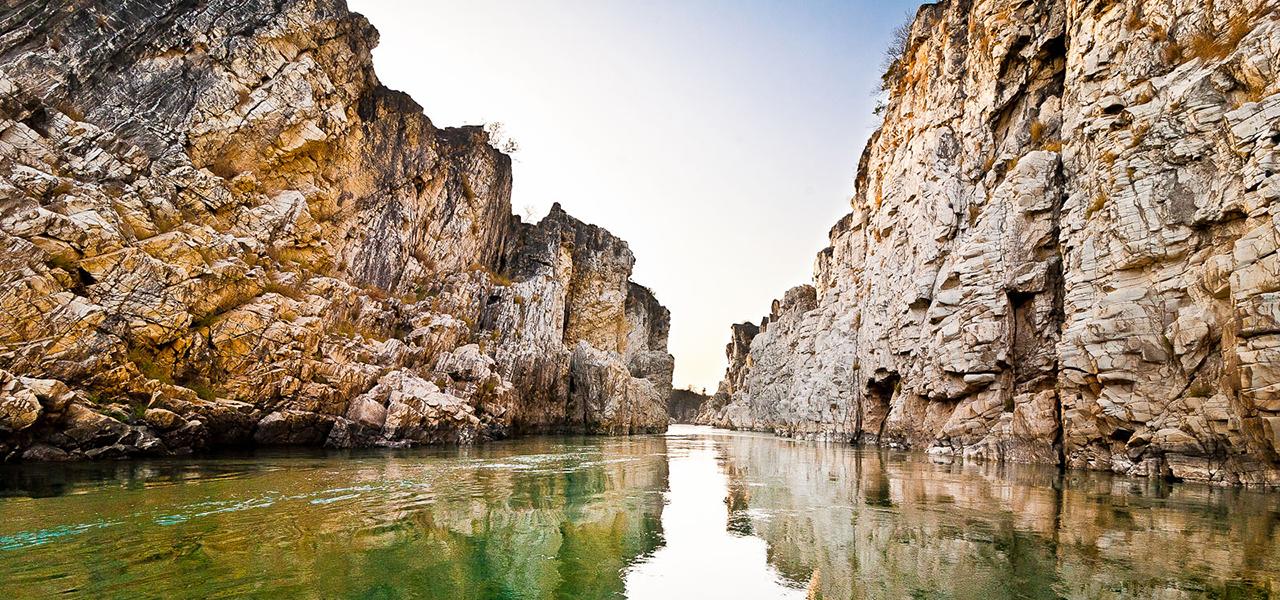
Tourism
The Impact of Mass Tourism: Balancing Benefits and Challenges
Travel has always been a fundamental part of human life. Whether for exploration, trade, education or leisure, people have been travelling for centuries. From hiking in the Swiss Alps to discovering ancient temples in Japan, every journey offers something unique and special. But other than personal enjoyment, travelling also connects people, boosts economies, and shapes the way we see the world. Travel takes us out of our comfort zones and inspires us to see, taste and try new things.
For me, travelling means many things, but mainly travelling means freedom. It’s about doing what I want and filling my day with excitement and joy. Travelling is more than just holidays. It’s about discovering, experiencing, learning and of course – fun. Travelling has been my biggest educator, an incredible connector, and the source of many happy memories. So if you ask me, travelling is one of the most important parts of my life.
Traveling is an amazing activity, it brings a lot of advantages to a country or a city but with these advantages several tourist places and locals suffer from multiple issues like overcrowding.
Overcrowding is a big issue for both tourists and locals. While travel can boost the economy, mass tourism often creates problems for residents.
One major impact is the rising cost of living. In popular cities like Barcelona, landlords prefer renting to tourists at high prices rather than to locals, making housing unaffordable to many residents. This forces some people to move away from the cities.
Another issue is environmental damage. In places like Bali, mass tourism has led to pollution, overcrowded beaches, and destruction of coral reefs. This problem became so major in Bali, that they had to temporarily close the beaches, for nature to recover.
Lastly, mass tourism can lead to loss of local culture. In Venice, traditional shops and family-owned restaurants are being replaced by souvenir stores and fast-food chains that provide for the tourists rather than the locals. For a fact, this does not only happen in Venice, but also in many other popular cities like Amsterdam and Paris. This can change the identity of the place and make it feel spurious.
These major problems show that tourism doesn’t only have a positive impact, but it can also have challenges.
Travelling is an exciting and fun experience, but it also comes with responsibilities. Tourists should be aware of their actions to respect local cultures, protect the environment, and of course, ensure their own safety.
Respect for local culture is important. For example, in Japan, it is considered rude to talk loudly to people on public transport. In India removing shoes before entering a temple is a big sign of respect.
Secondly, environmental responsibility is crucial. Many tourist destinations suffer from pollution and the waste left by visitors. Travellers should avoid littering, use reusable bottles, and reduce plastic waste.
Lastly, personal safety and awareness are important. Tourists should be aware of local laws, avoid risky areas, and keep their belongings safe and near them. Pickpocketing is very common in many popular places, like London or Rome.
By being cautious, respectful and environmentally responsible, travellers can enhance their own experience while also conserving and supporting the places they visit.
In conclusion, travel is a wonderful way to explore new places, connect with different cultures, and support local economies. However, it can also come with challenges like overcrowding, environmental damage, and the loss of local culture. To make travel better for everyone, it’s important for tourists to respect local traditions, care for the environment, and stay safe. This can help travellers to enjoy their experience while helping to protect the places they visit.
By: Toshna Karthikeyan
Write and Win: Participate in Creative writing Contest & International Essay Contest and win fabulous prizes.


